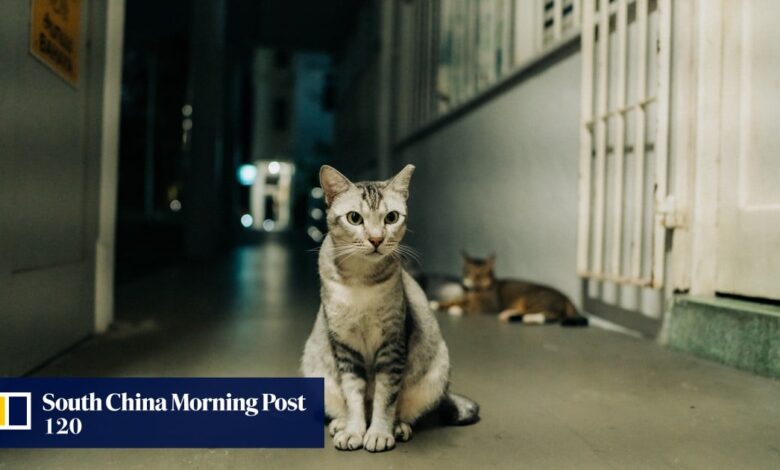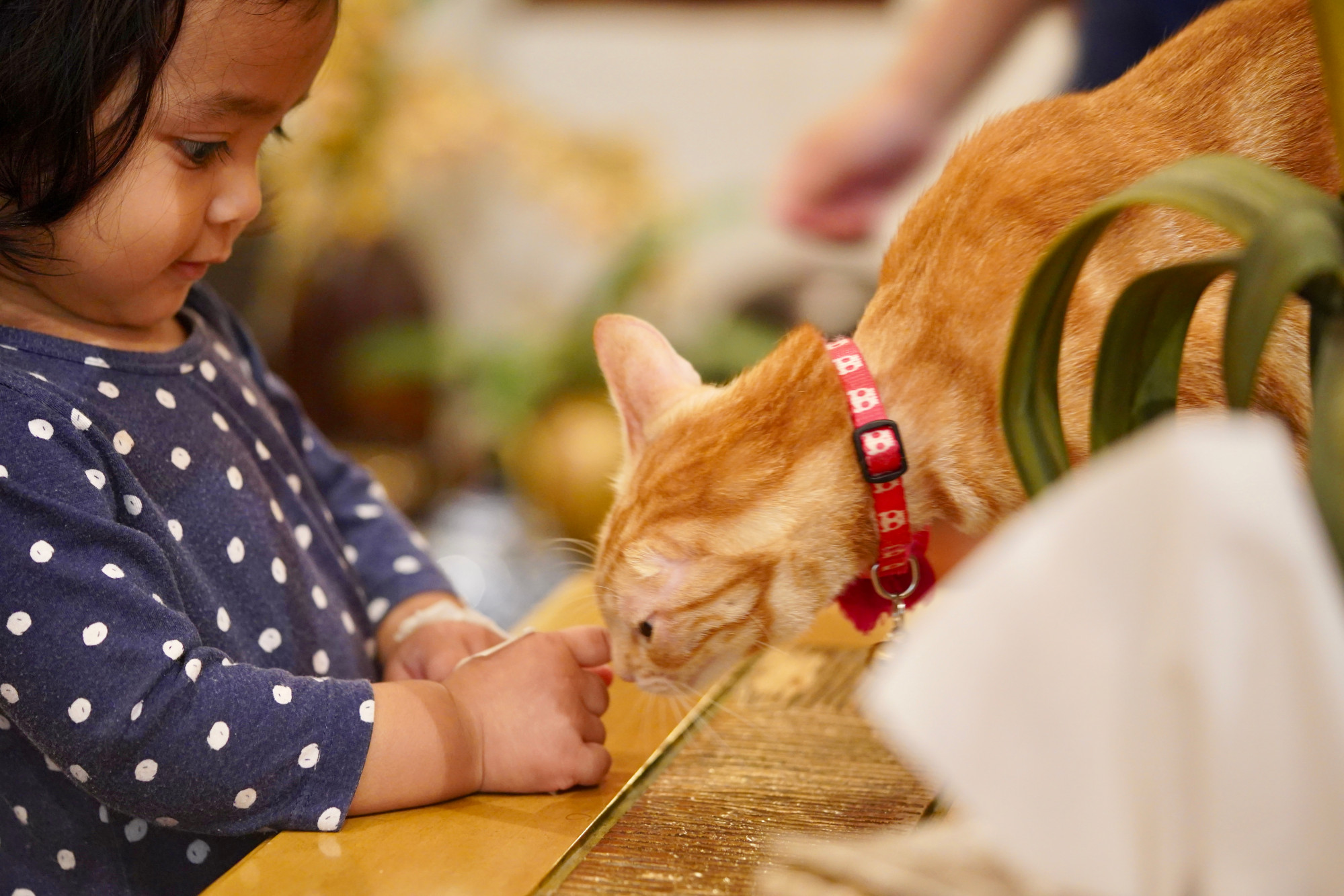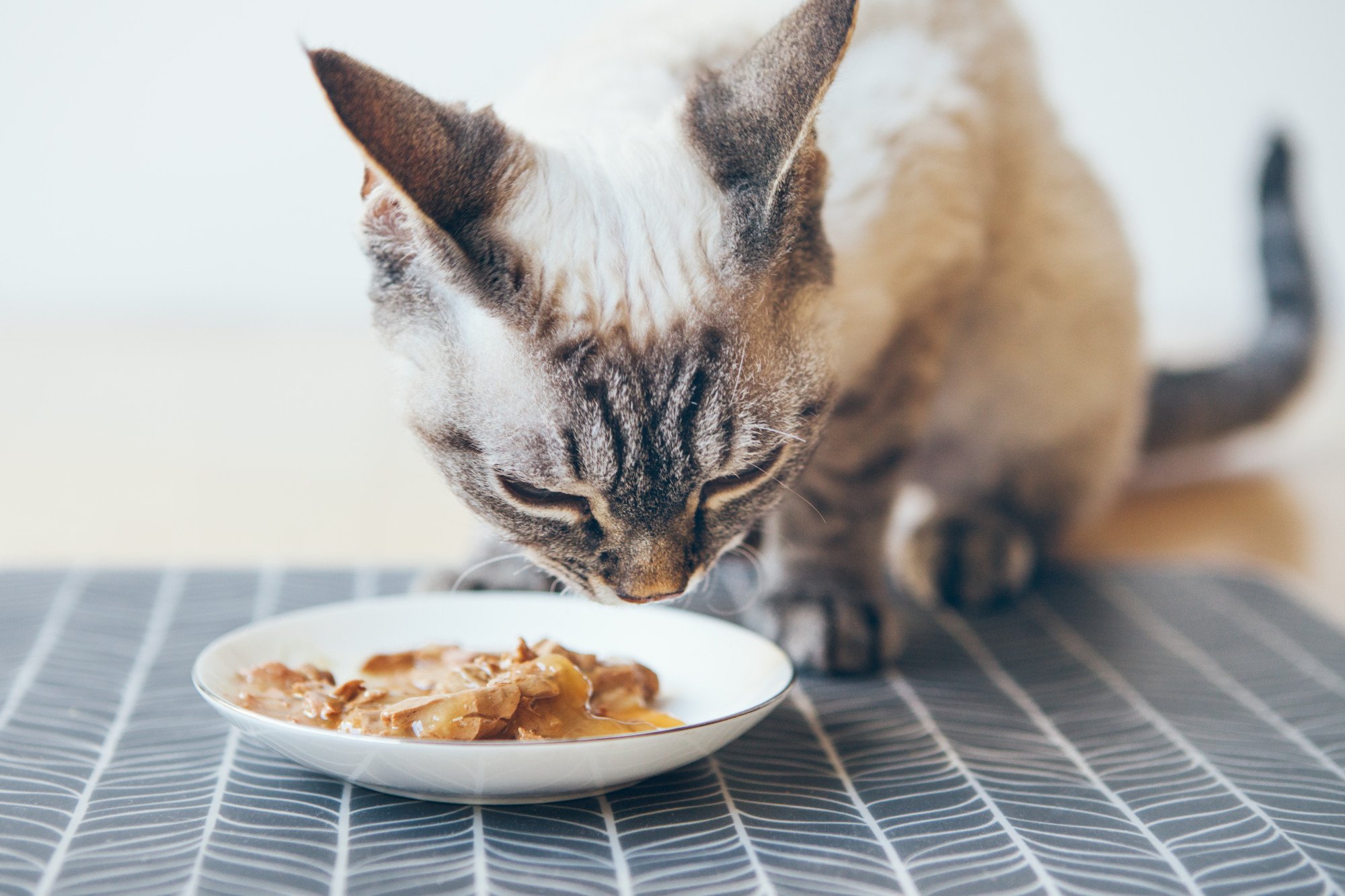‘Long overdue’: Singapore animal lovers laud decision to lift 34-year ban on pet cats in public housing

[ad_1]
The proposed changes will be subject to further input before they come into effect in the later part of 2024.
Thenuga Vijakumar, president of the Cat Welfare Society, noted: “I think responsible pet cat owners deserve to own their cats without fear of scrutiny if they adhere to the conditions of responsible ownership and licensing. This will put them on par with dog owners who have had the benefit of regulations.”
She added that for most cat owners, the move meant “additional legitimacy” for them, who risk getting slapped with a S$4,000 (US$3,000) fine for breaching the rules.
Farhan Hamid, 28, an owner of two cats, said while he was “cautious” about letting his neighbours find out about his cats when he first brought them home in 2019, he has since let his guard down.
“To my knowledge, there’s no body or authority that’d go around checking HDB flats for signs of cats. If there were, not only would I be worried, but it’d shift my opinion of the government entirely,” he said.

The ban on cats as pets in public housing flats – where about 80 per cent of Singaporeans reside – was first introduced in 1989 because they are “generally difficult to contain within the flat”, according to the Housing Development Board’s (HDB) website.
“When allowed to roam indiscriminately, they tend to shed fur and defecate or urinate in public areas, and also make caterwauling sounds, which can inconvenience your neighbours,” it stated.
However, cats are usually left alone unless neighbours lodge a complaint to the housing board, which could mean a hefty fine of up to S$4,000 for cat owners.
Indeed, most cat owners who spoke to This Week in Asia said they were either not aware of the ban or were indifferent due to a lack of active enforcement. Another cat owner, who only wanted to be known as Alicia, 25, said many of her colleagues owned “up to 10 cats” in their homes, and “did not care from the start”.
“I knew about the ban but there’s also no enforcement anyway,” she said.
Feline good: Singapore firm launches luxury cat cruises
Feline good: Singapore firm launches luxury cat cruises
Another owner, Ting, 32, described the ban as “irrelevant” and the move to reverse it “long overdue”.
“I didn’t really even know it was illegal until the recent debate about the possibility of legalising cat ownership happened,” she said, adding that most of her neighbours seemed indifferent either way.
However, some public housing residents are shuddering at the idea of having cats on their estate, citing concerns such as cleanliness.
“I feel quite scared because we’ll likely see more cats in the estate and even if the HDB only allows two cats, it’s unclear how many cats people will actually keep in their flats,” said a 27-year-old writer, who did not want to be named.

National broadcaster CNA reported that HDB said its “principal consideration is to preserve a pleasant and harmonious living environment in HDB estates, as well as maintain good neighbourly relations”.
“To this end, we strive to balance the interests of residents who are pet lovers and those who may be affected by disamenities as a result of irresponsible pet ownership.”
However, Vijakumar from the Cat Welfare Society said many in the community hoped the government would make sterilisation mandatory, which could nip many cat-related issues in the bud.
“Because of the sheer number of issues that arise from its absence – issues of rampant breeding within homes, inability to contain such numbers, smell and noise issues are what we face on a daily basis – these can be stemmed from source through sterilisation,” she said.
[ad_2]
Source link

